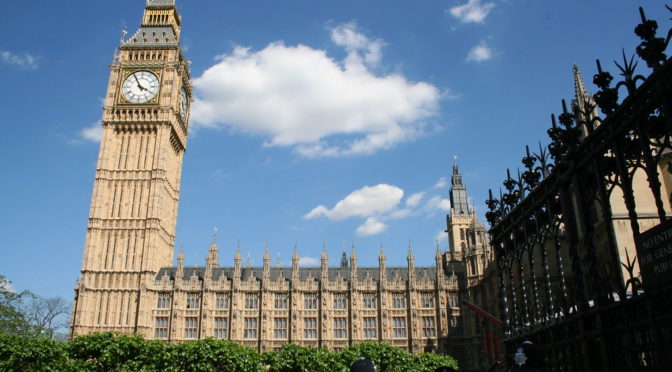Update (09/09/2021): The UK government has released a factsheet for people evacuated from Afghanistan. It provides information on rights and the next steps regarding immigration status in the UK – read more GOV.UK
After the flights airlifting British citizens and local Afghan allies have stopped, the UK government announced that the Afghan Relocations and Assistance Policy (ARAP) would be updated to show the government’s commitment to protect the Afghan citizens who worked with and for UK organizations and help them evade the risks they are exposed to in Afghanistan.
Below we collect the latest information about ARAP and other related programs to provide an some guidance and overview for eligible people on what schemes exists, who is eligible, how to apply, etc.
What schemes are there?
The ARAP scheme (see below) is in operation.
The Home Office is working to establish the details of the new Afghan citizens’ resettlement scheme (ACRS). This scheme will have less restrictive eligibility criteria and will also cover “those who have contributed to civil society or who face a particular risk from the Taliban” (more details to be announced)
What is ARAP?
ARAP stands for Afghan Relocations and Assistance Policy. (Gov.uk)
The scheme was announced on 29 December 2020. It will offer relocation or other assistance to current and former Locally Employed Staff in Afghanistan.The ARAP scheme will launch on 01 April 2021 and will continue to remain open and operate indefinitely.
It has been updated on 26 August 2021.
Who is eligible for ARAP?
Eligible individuals are grouped into 4 categories:
| Category | Cohort | Assistance Offered | Additional Notes |
|---|---|---|---|
| 1 | High Risk/ Imminent Threat | Urgent relocation | – those who are assessed to be at high and imminent risk of threat to life. |
| 2 | Eligible for relocation by default | Routine relocation | – those who worked or work for HMG in exposed meaningful enabling roles, ie roles that made a material difference to the delivery of the UK mission in Afghanistan, without which operations would have been adversely affected, and that exposed LES to public recognition in performance of their role, leaving them now at risk due to the changing situation in Afghanistan. Examples: patrol interpreters, cultural advisors, certain embassy corporate services, and development, political and counter-terrorism jobs, among others. This is not an exhaustive list, nor are all those who worked in such roles necessarily eligible by default. |
| 3 | Not eligible for relocation | Other support offered | – those who are neither assessed to be at high and imminent risk of threat to life nor eligible by default due to holding exposed meaningful enabling roles – eligible for all other support short of relocation as deemed suitable by the ARAP team. |
| 4 | Special Cases | Case-by-case basis | – those who worked in meaningful enabling roles for HMG, in extraordinary and unconventional contexts, and whose responsible HMG unit builds a credible case for consideration under the scheme – where relocation is offered to Category Four individuals, circumstances dictate whether it is urgent or routine, as assessed by the ARAP team. |
Where can I apply?
If you are currently working or have worked with UK organisations and you qualify or you are at serious risk, you should apply by using the online form. You will be eligible to apply from any country (including Afghanistan).
For further advice you can contact: localstaff-afghanistan@mod.gov.uk.
What kind of visa/permit can Afghan nationals get?
Afghans who worked for the British military and UK government will be able to move to the UK permanently, the Home Office has announced.
Can they bring their families?
Yes, in certain cases. More information to follow.
I am in the UK and I want to help. What can I do?
The government has asked local councils to help the relocation program by offering accommodation for Afghan refugees. Landlords who want to help can contact their local council for more information on this and other ways to help, for example Kensington and Chelsea, Haringey.
We will add more information about ways you can help the relocation efforts via NGOs and other ways as soon as possible.

